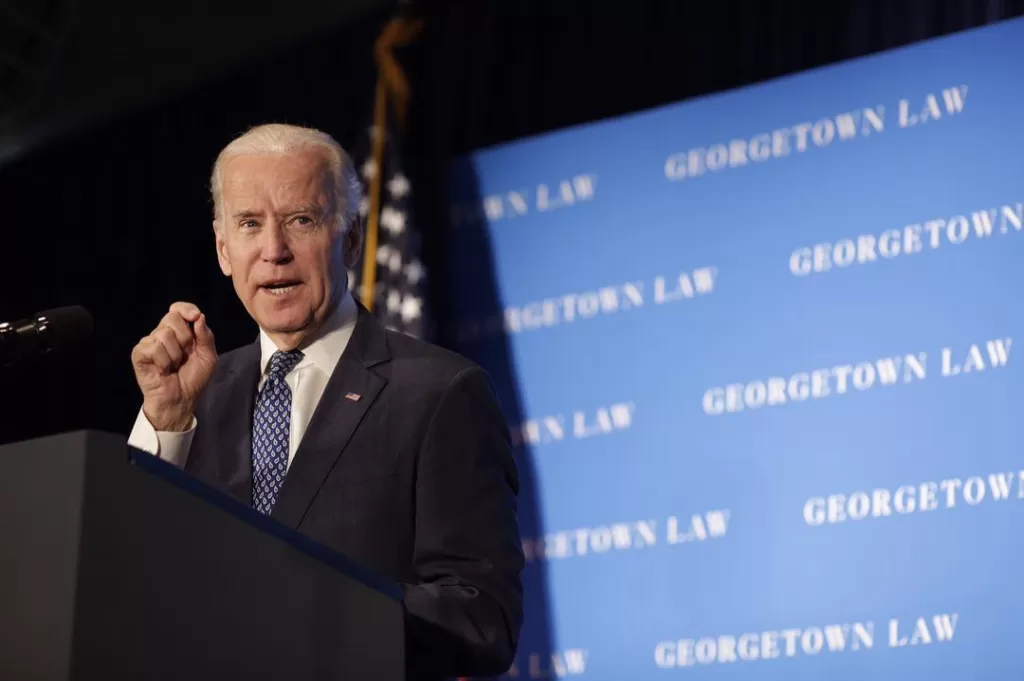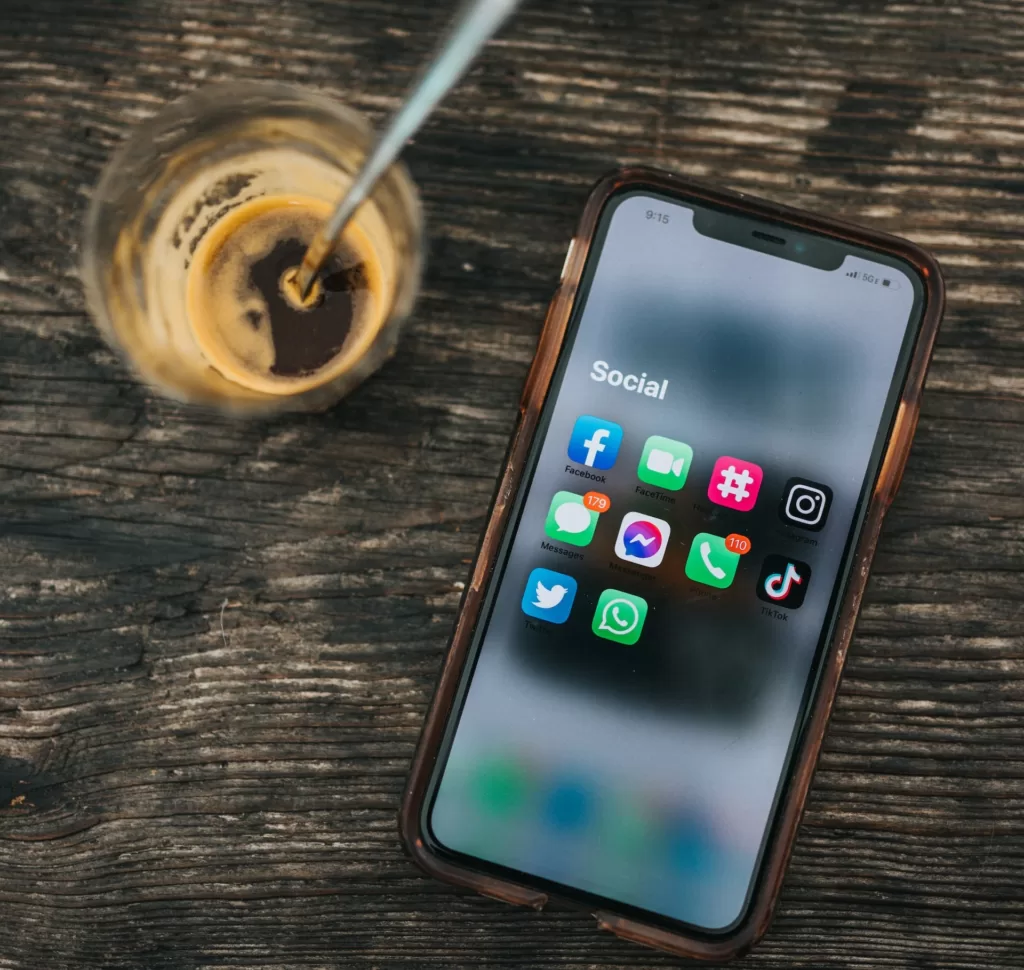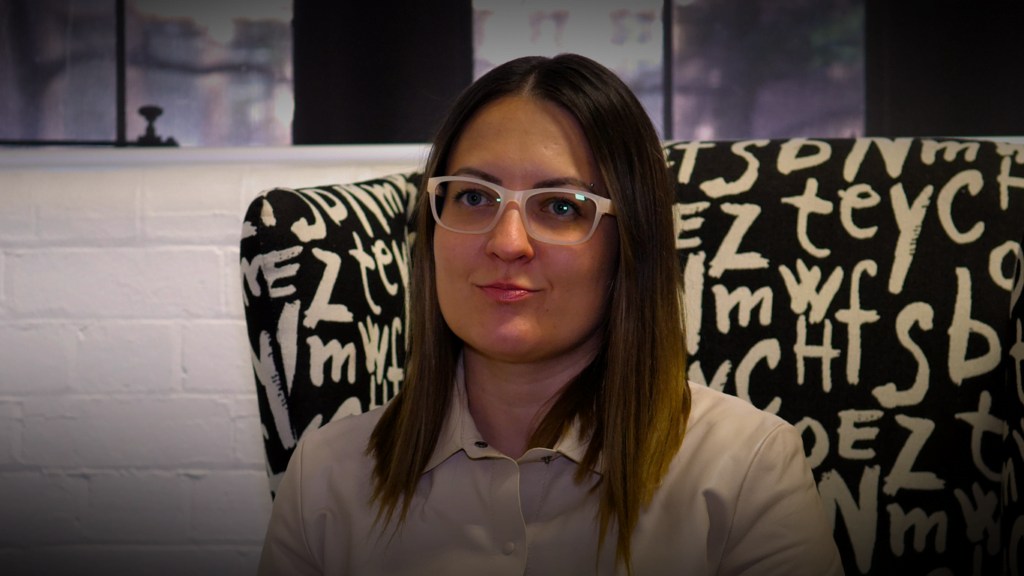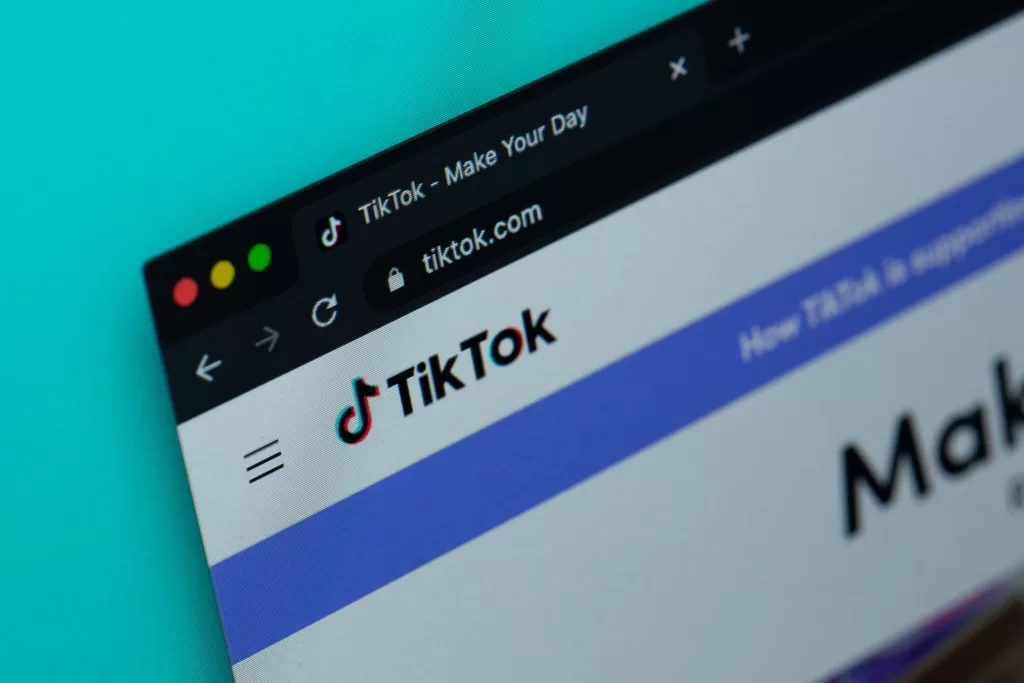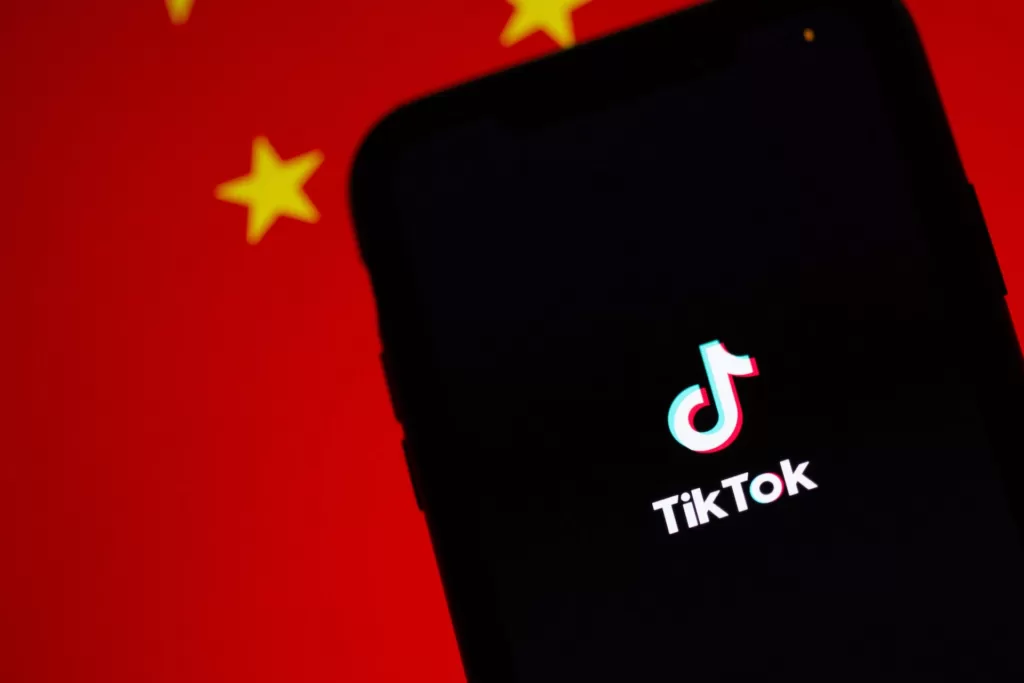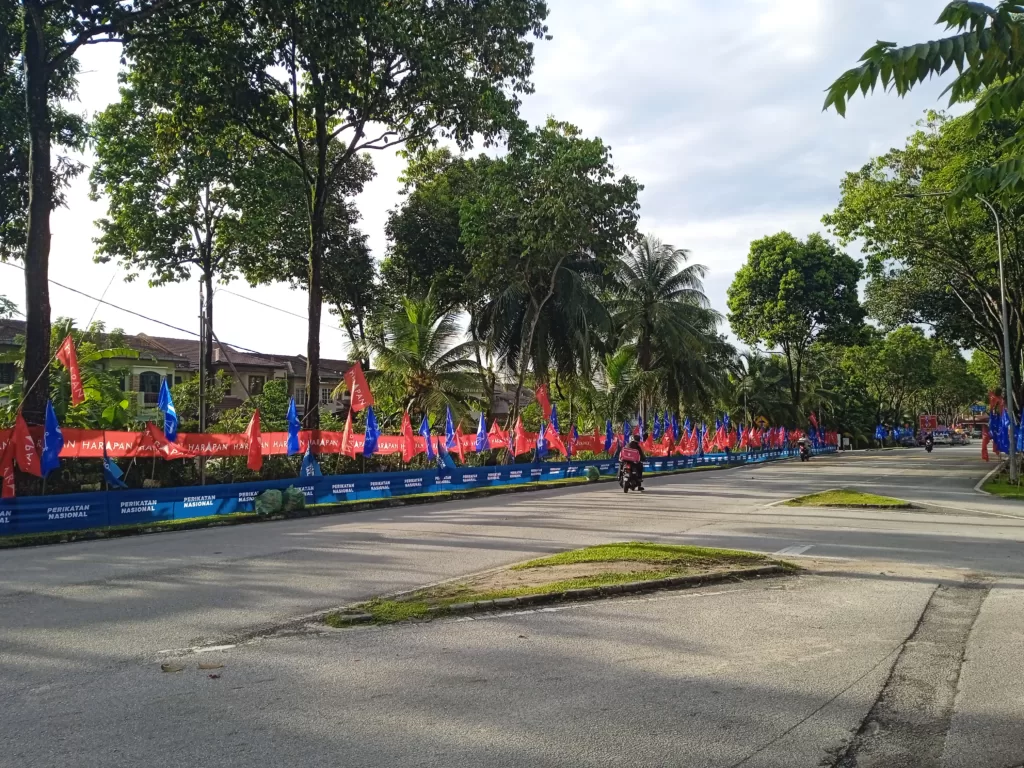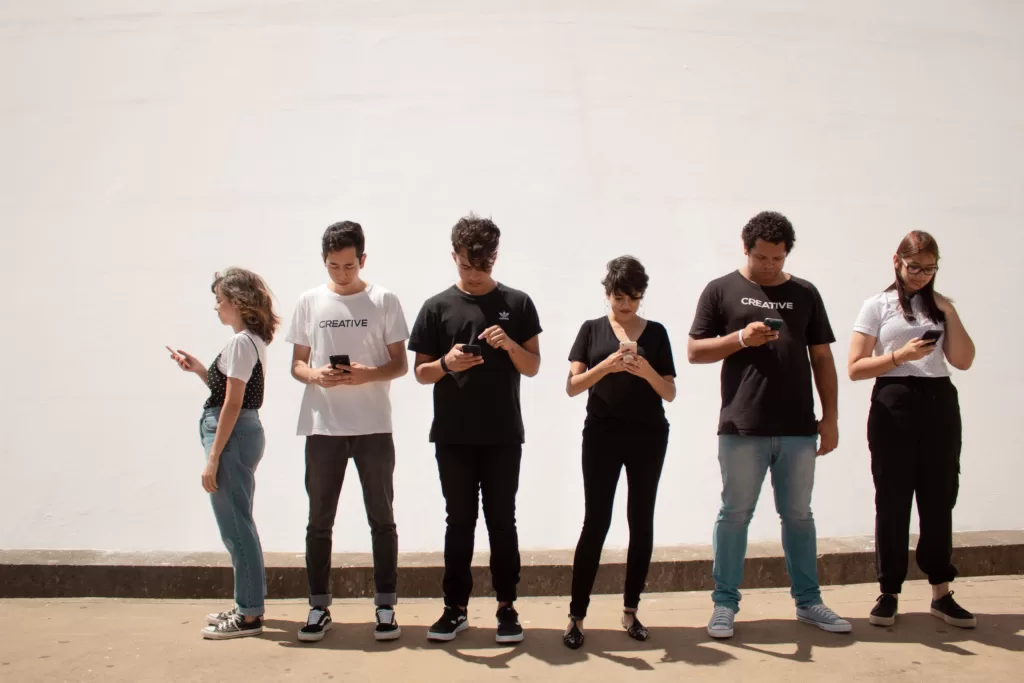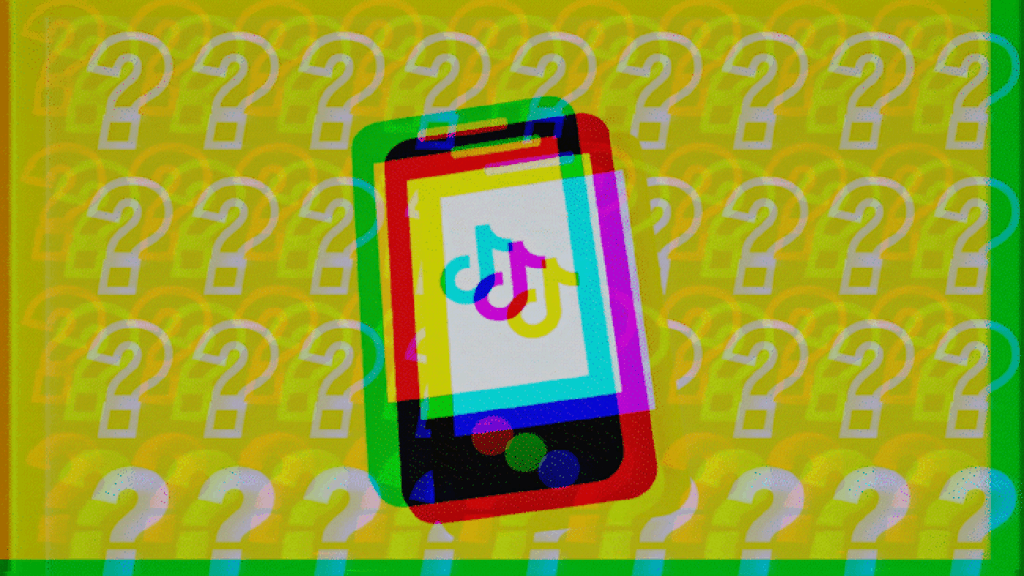TikTok has given young Palestinian activists and others a loud visibility. Taking it away would marginalise a generation.
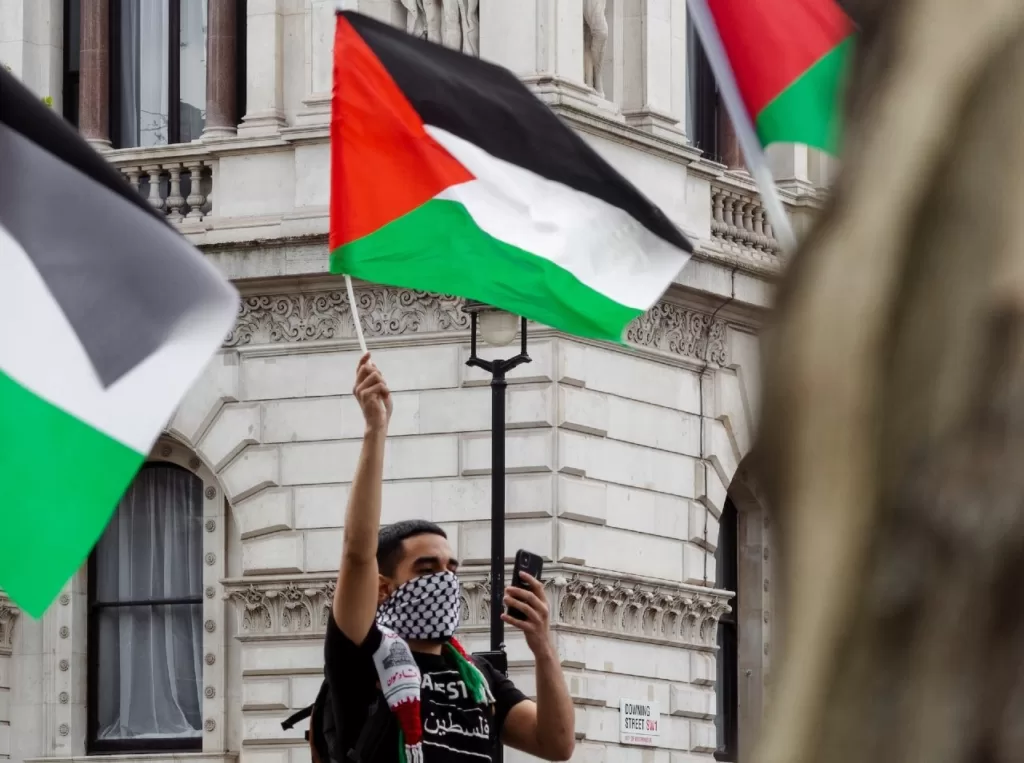 For Palestinians, any ban on TikTok would deprive them of daily and accessible visibility to a nation yearning for recognition. : Yousef Salhamoud via Unsplash Unsplash Licence
For Palestinians, any ban on TikTok would deprive them of daily and accessible visibility to a nation yearning for recognition. : Yousef Salhamoud via Unsplash Unsplash Licence
TikTok has given young Palestinian activists and others a loud visibility. Taking it away would marginalise a generation.
The internet has become the virtual haven for billions of young people across the globe, offering them a unique platform to express themselves.
In regions where democracy faces challenges, this digital realm has empowered them to craft their online personas and courageously share their thoughts, experiences and creativity with a vibrant community of like-minded individuals.
Such an example is TikTok, emerging as a powerful political space where young users constantly challenge the status quo of their realities.
Users now have at their disposal a novel set of tools to fearlessly envision new possibilities and redefine their reality from their own living rooms, with the ability to forge new pathways to rectify injustices, crises and social decline.
Over the past few years, it’s become evident how the video-sharing platform has given the chance for geographically dispersed groups, such as Palestinians, to capture the attention of a vast and diverse audience.
The app has served as an unbreakable realm of activism where Palestinian and pro-Palestinian users can navigate the complexities of everyday conflict with Israel and convey their messages through the platform in ways many can empathise, understand and live through their screens themselves.
These users have skillfully highlighted the rich legacy of Palestinian culture, transcending geographical boundaries and shedding light on both global and local issues such as living conditions, human rights violations, unlawful arrests, and various instances of perceived injustice.
They accomplish this by leveraging the platform’s powerful dissemination systems of hashtags, challenges, comments, trending sounds, and features (like ‘duet’ and ‘stitch’) to connect with Palestinians from around the world, fostering a dialogue that creates a community of support and affinity.
One of the pivotal moments for Palestinian users on TikTok occurred in 2021 during the eruption of the war between Gaza and Israel when the #FreePalestine movement migrated from platforms like Instagram and YouTube to TikTok.
This movement had already established a legacy on other social media platforms, but the unique meme-based qualities of TikTok provided an immersive and contagious experience of activism, elevating its impact to new heights of virality.
Users deployed playful templates for content creation (#challenges), where their everyday adversity took on a (self-)performative form, superseding the crude, real-life images with metaphorical representations of what the Israeli oppression “does” to their bodies.
On TikTok, they don’t show victims for exhibitionist purposes like on Instagram; rather, they perform victimisation, disclosing their faces and bodies as sufferers of conflict. Instead of depicting the conventional imagery of injured or dead bodies of Palestinians, many users opted for artistic renditions, symbolising the inflicted violence upon them.
For Palestinians, any ban on TikTok would deprive them of daily and accessible visibility to a nation yearning for recognition, in a territory where their existence is constantly contested.
Don’t anticipate Palestinian users easily migrating to a different platform, as the notion of home for them is in a perpetual state of flux, with many already grappling to find a stable sense of belonging in the real world.
However, this does not apply solely to Palestinian users.
The language of activism on TikTok extends beyond Palestinians with countless users striving to bring their struggles into the public eye, to educate others and aspire for justice.
TikTok has been instrumental in mobilising passionate advocates who use their skills on the platform to fight for social issues like race, gender, class, elections and climate change.
If TikTok was taken away, it could disrupt the work of those advocates and potentially lead to a sense of disenfranchisement, hindering users’ ability to actively engage in political discussions and current affairs.
A ban would sever an essential connection point between the online and offline worlds for an entire generation of users.
Within TikTok’s vibrant network of “universes,” it serves as a platform for the amplification of marginalised voices and underrepresented communities, including regions that often go unnoticed in the West, such as the #AfricanNative movement, allowing them to take centre stage on the devices of millions around the world.
Although this exposure comes at a price and often invites hateful speech, many take that risk, for a chance to tell their own story which has historically been suppressed or overlooked.
To uncritically align with moral panic demanding a TikTok ban is to disregard the broader context.
TikTok is merely a symptom of the larger issue including data harvesting and user privacy across platforms, as well as the influence of American legislation.
Enforcing a ban would inevitably cause casualties, with the democratic principles of freedom of expression being among the first, dragging down the users along with them.
Tom Divon is a PhD student at the Department of Journalism and Communication at the Hebrew University in Jerusalem, Israel. His research focuses on digital culture, platform affordances, and user-generated content. Specifically, he explores TikTok’s socio-political subcultures and their potential for education in three areas: (1) TikTok users’ engagement with history education, (2) TikTok users’ performative combat against antisemitism and hate speech and (3) TikTok users’ memetic participation in nationalism-driven conflicts, with a focus on Palestinian resistance.
Twitter: @TomDivon
Originally published under Creative Commons by 360info™.


